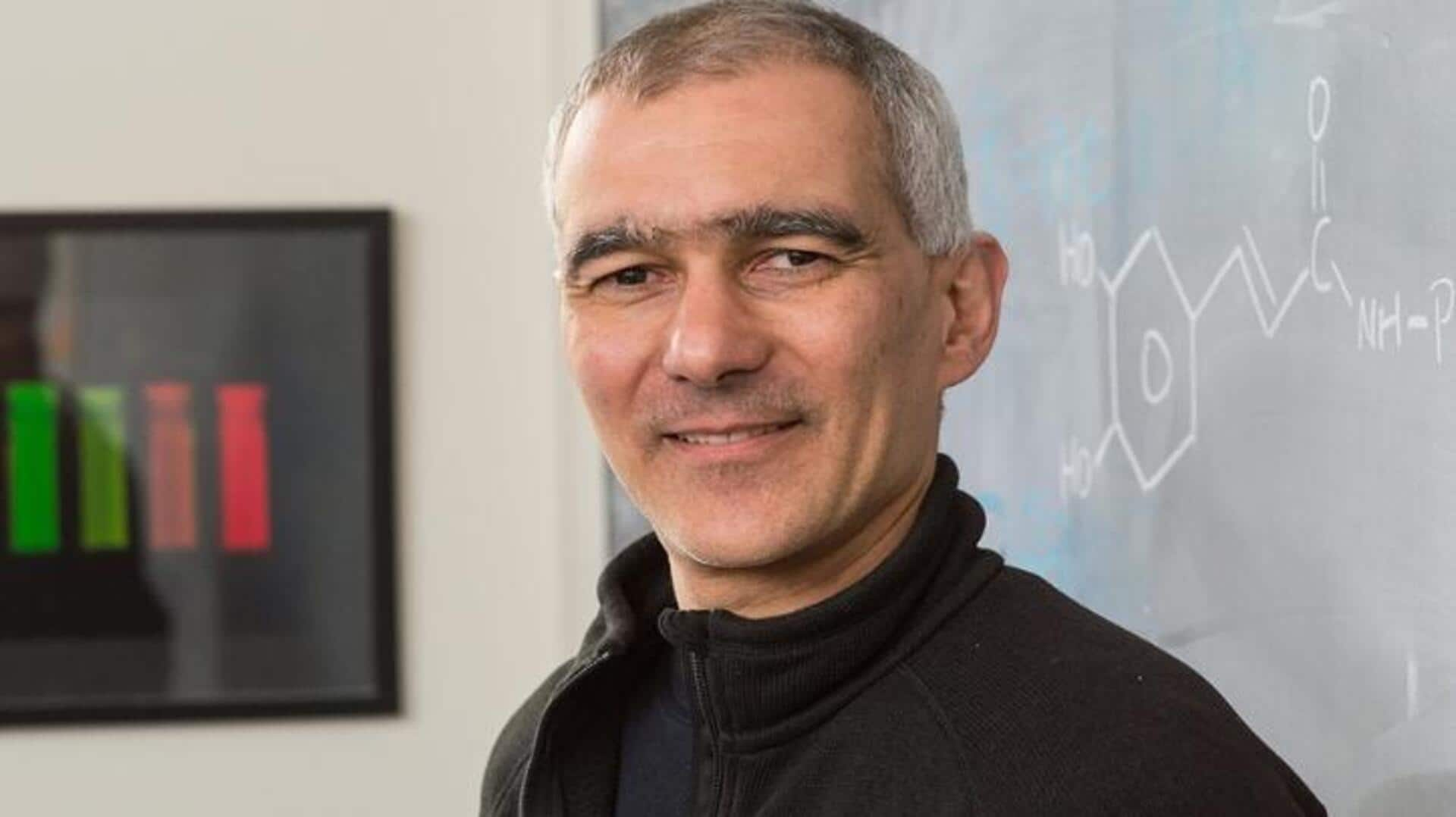
2023 Nobel chemistry winner flunked his first college chemistry exam
What's the story
Moungi Bawendi, professor at MIT (Massachusetts Institute of Technology) is a co-winner of 2023's Nobel Prize in chemistry for his work on "quantum dots." It turns out that the 62-year-old Nobel laureate had a rocky start to his college academic journey. As a Harvard undergraduate in late 1970s, Bawendi failed his very first chemistry exam. He scored a mere 20 out of 100 on that test, the lowest in his class, and recalls the experience nearly "destroyed" him, per AFP.
Insights
After adopting better study habits, Bawendi consistently aced his exams
Bawendi did well in science throughout high school. "I was used to not having to study for exams," said Bawendi, referring to his time as a freshman at Harvard. Despite his passion for chemistry, he realized he had to improve his preparation for exams. "I figured out how to study, which I didn't know how to do before," he recounts. After that, "it was 100s on every exam, pretty much."
Journey
Bawendi's journey: From Harvard to MIT and Nobel Prize
After earning his bachelor's degree from Harvard and Ph.D. from the University of Chicago, Bawendi joined MIT as a professor in 1990. He shares the Nobel Prize for chemistry with Louis Brus of Columbia University and Alexei Ekimov of Nanocrystals Technology Inc. Both Brus and Ekimov are credited with inventing quantum dots independently, while Bawendi developed ways to use them in various tech applications, such as LED screens and medical imaging, including tumors.
Details
Bawendi is the 101st MIT researcher to win Nobel Prize
Quantum dots are tiny particles with unique properties determined by quantum mechanics. While Bawendi didn't discover them, he revolutionized the methods used to produce them accurately and on a large scale. His innovations have paved the way for numerous applications, like next-gen TV screens with superior image quality and medical tech that helps light up tumors inside the body. MIT officials say Bawendi is the 101st MIT-affiliated alumni, staff member, or researcher to receive a Nobel Prize.